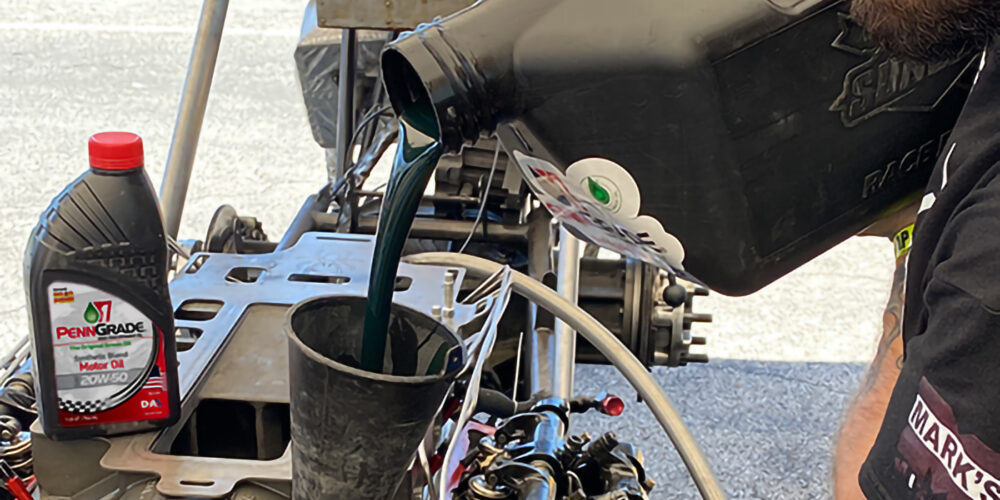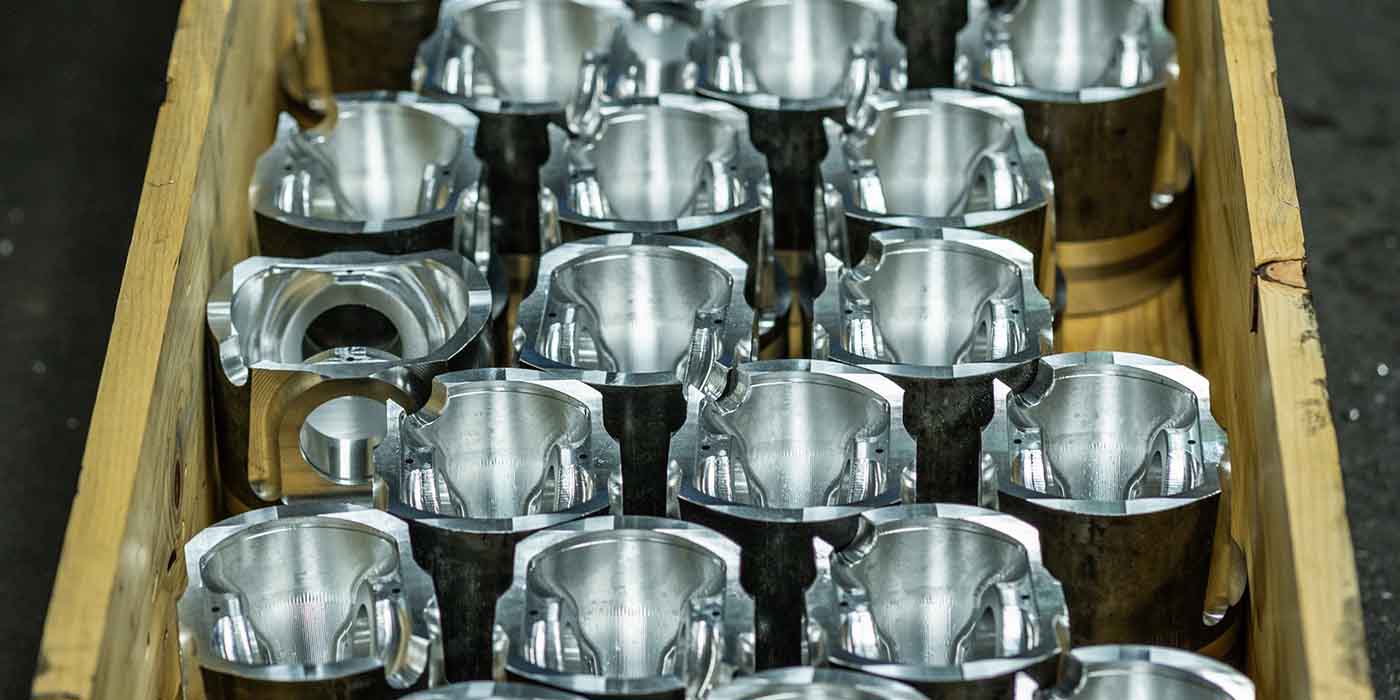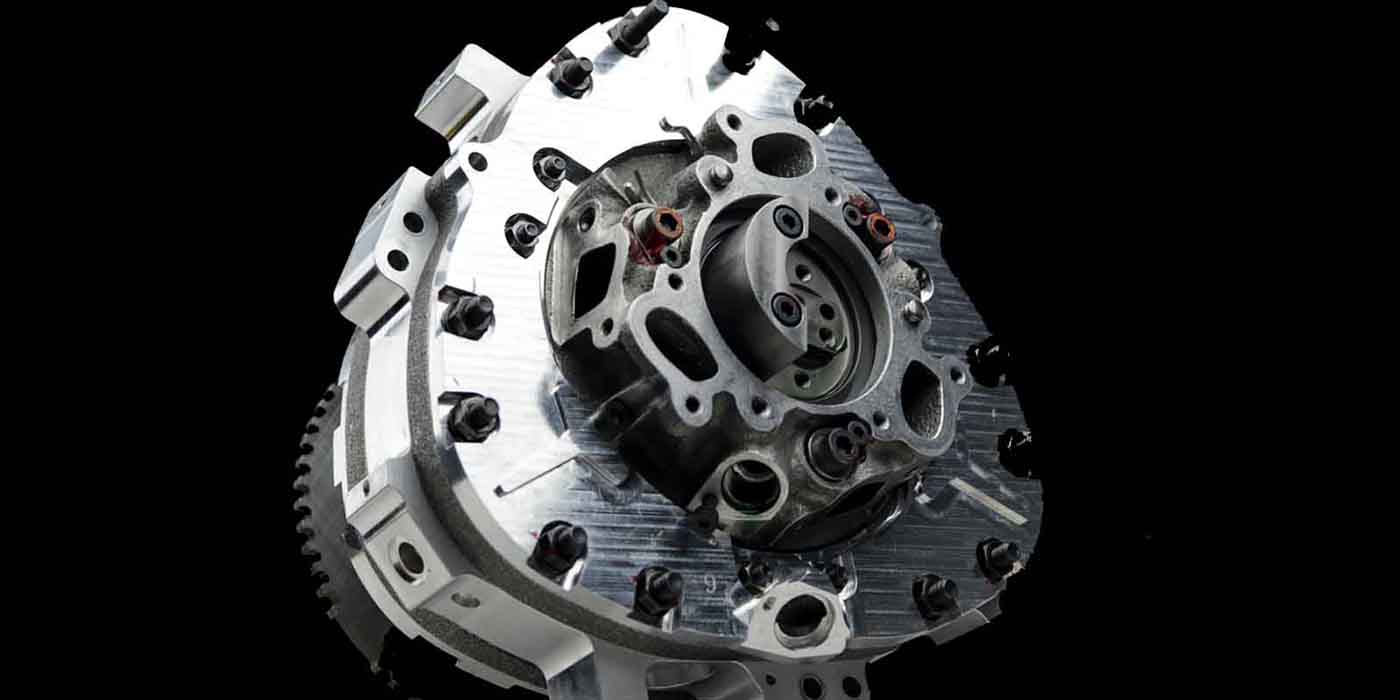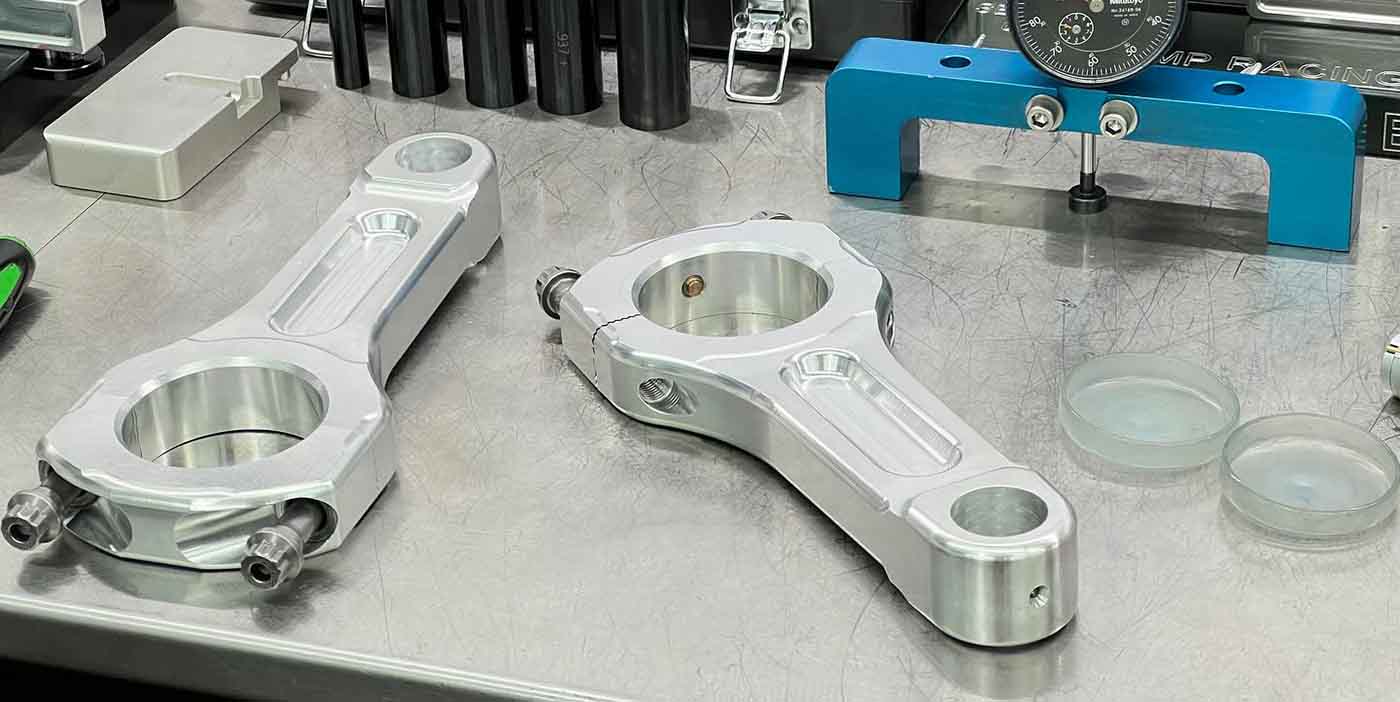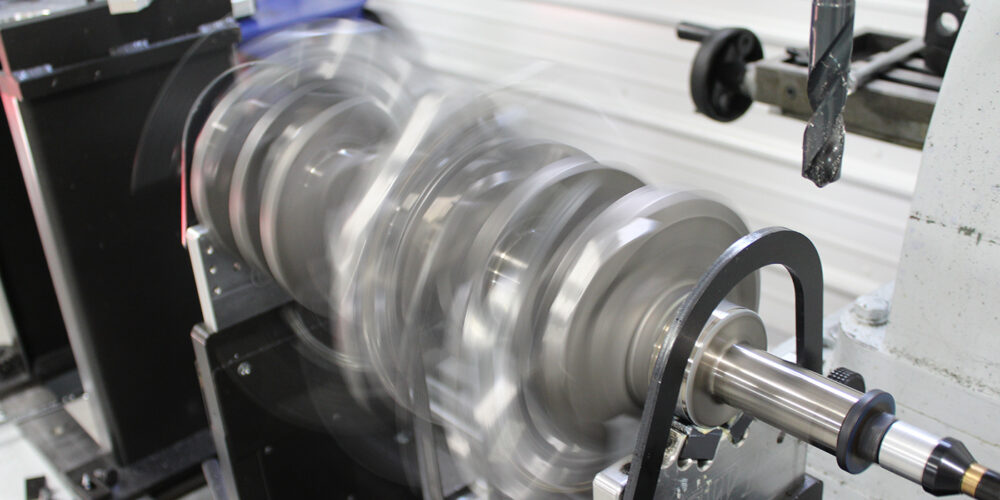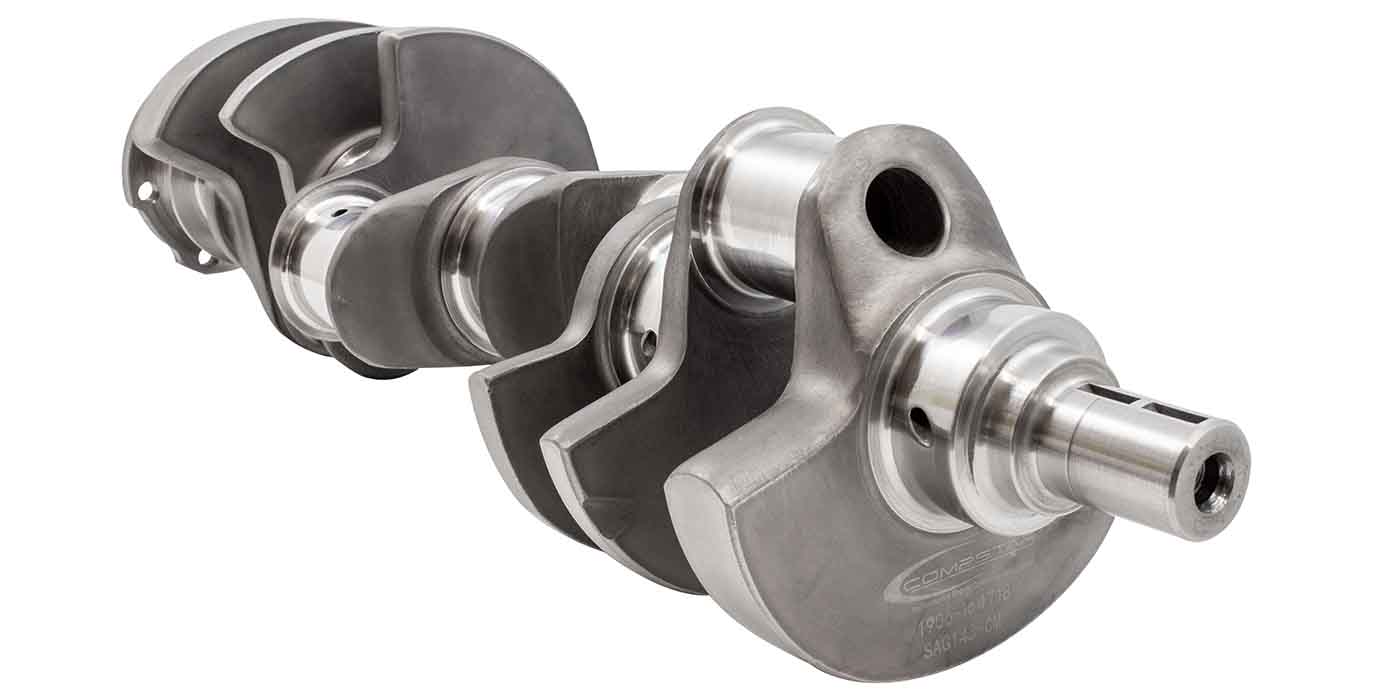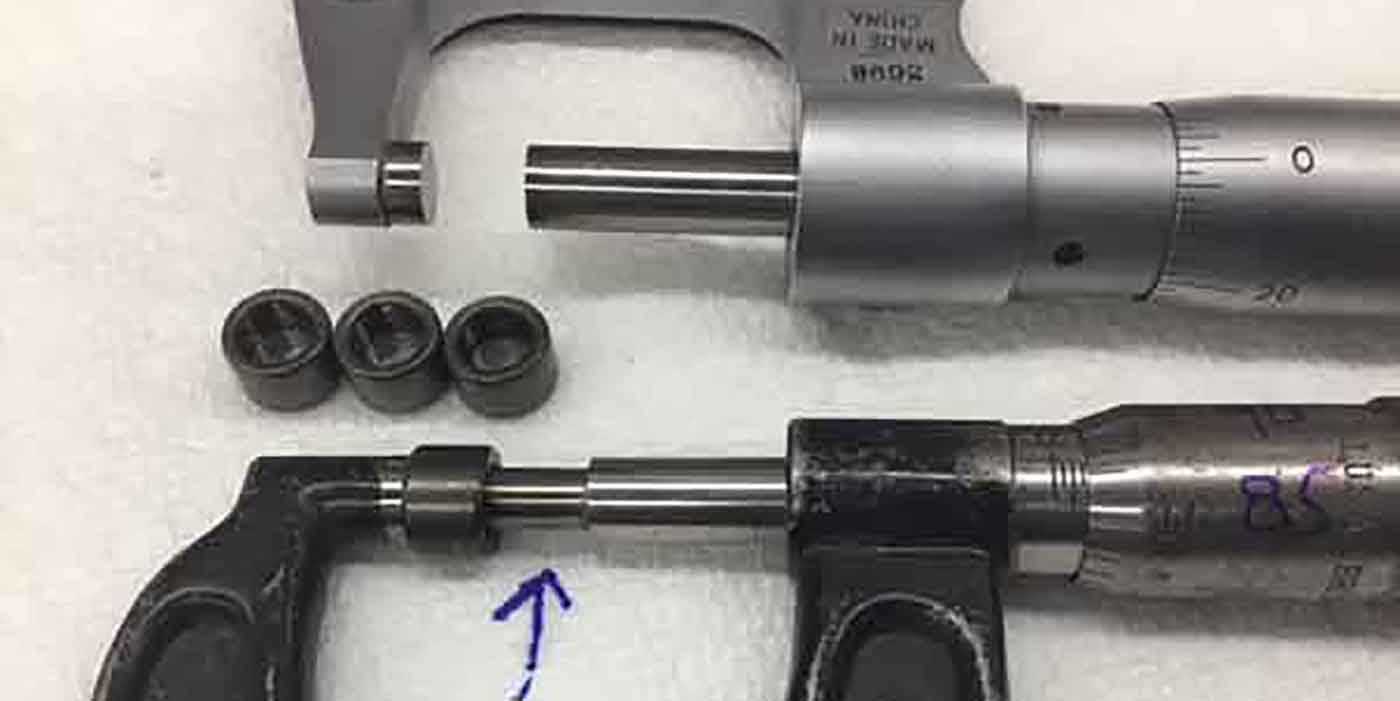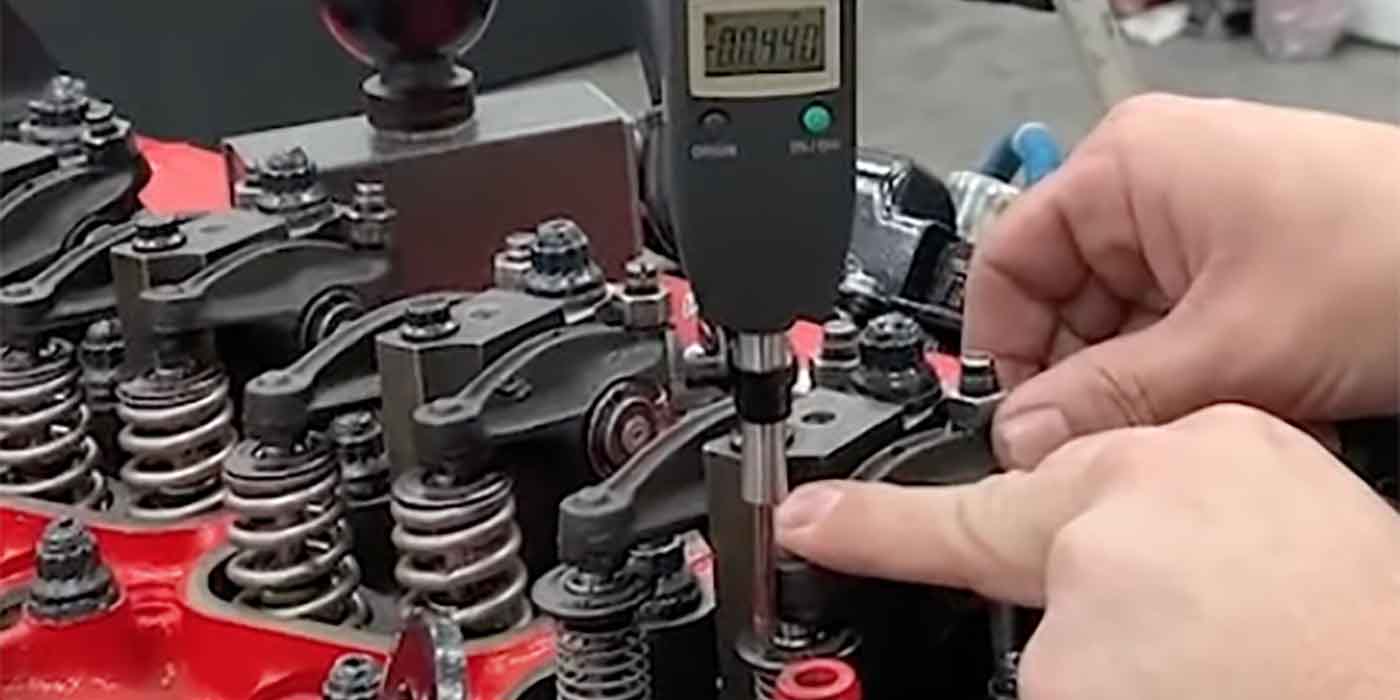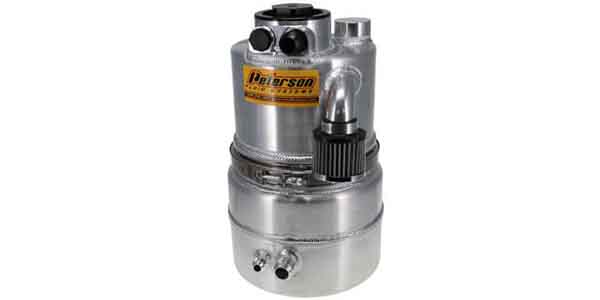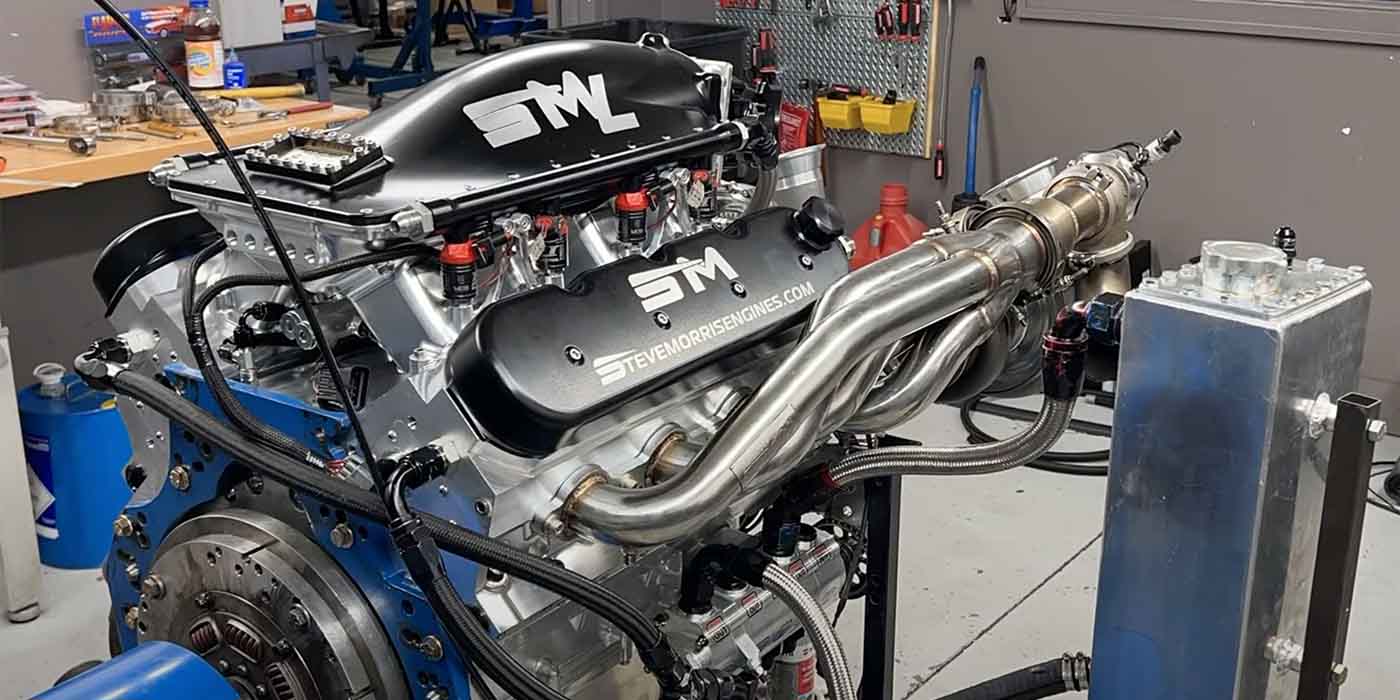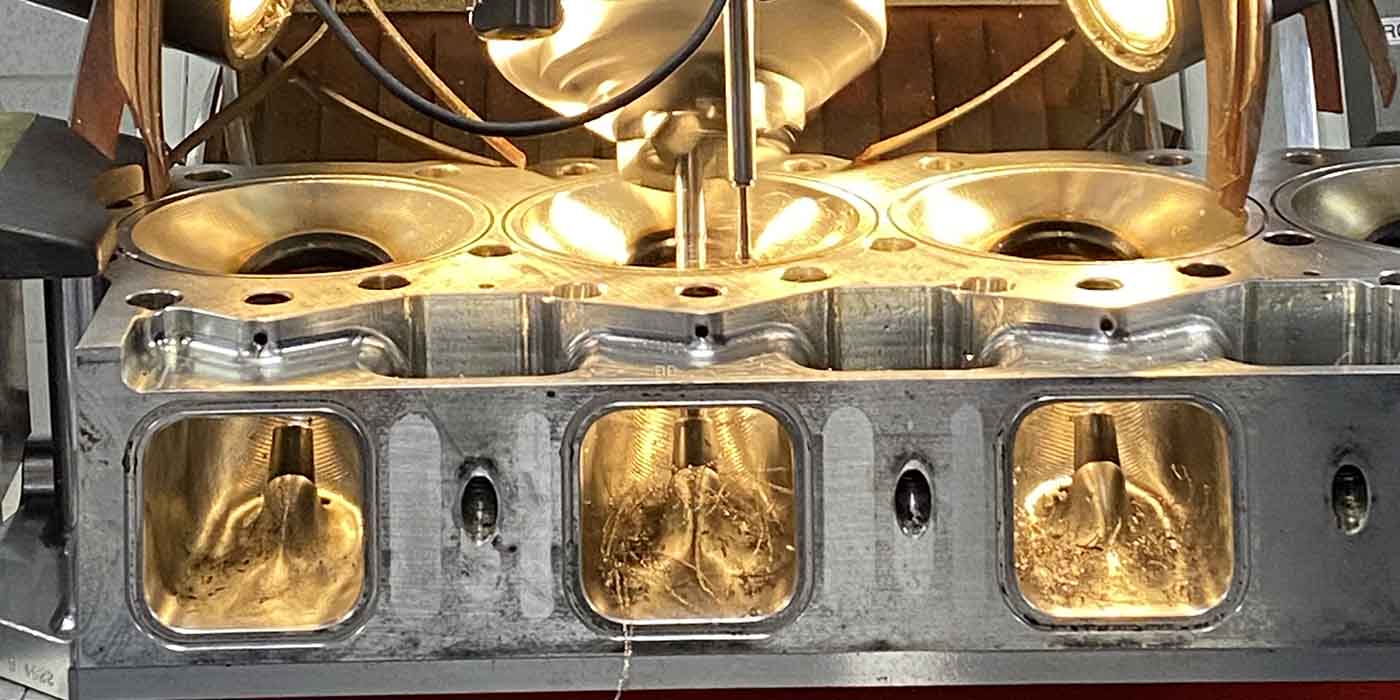High-performance motor oils are an essential component of any engine build, providing critical protection and enhancing performance. Engine oils play a crucial role in lubricating moving parts, reducing friction, cooling engine components, and removing contaminants from the engine. Choosing the right motor oil for your engine is an essential part of engine building, as it can significantly impact your engine’s longevity, efficiency and power output.
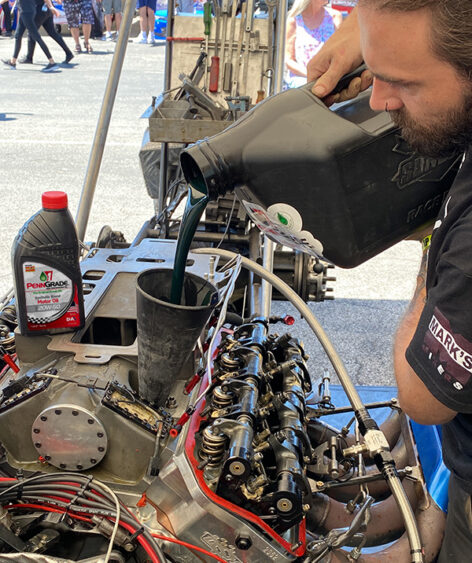
One of the main benefits of high-performance motor oils is their ability to handle high temperatures and extreme pressures, factors that have only gotten more important as engine builders continue to make higher horsepower. High-performance engines generate a lot of heat and require oils that can withstand extreme conditions without breaking down.
In drag racing vehicles, the intense internal forces can flatten crankshaft bearings and destroy valve springs during a single pass. Consequently, race teams have to rebuild engines frequently. Foaming and a lack of physical separation between metal parts can cause oil to lose its ability to lubricate, protect and cool.
To combat these issues in high-performance racing oils, it is critical to start with selecting the appropriate base oil and partnering it with specific additives to gain the desired performance benefit. These additives include zinc dialkyl dithiophosphate (ZDDP, or zinc and phosphorus), moly, boron, and other anti-wear additives. Heat and pressure can activate these anti-wear additives, producing a sacrificial film that shields engine parts.
In addition, high-performance engine oil for racing applications contains anti-foam and ZDDP additives, as well as friction modifiers, which can unlock hidden torque and horsepower gains. These additives also enhance the effectiveness of high-performance lubricants.
“D-A Lubricant Company’s PennGrade 1 family of high-performance products are formulated with unique, premium base oils, a performance driven additive system featuring enhanced levels of ZDDP, and an extremely stable viscosity modification system (multigrades only),” says Matthew Bupp, D-A’s Director of R&D and Quality Control. “This approach promotes exceptional viscosity retention and film strength. The inherent tenacious clingability of PennGrade 1 enables the oil to ‘stay put’ on internal components. This highly effective combination equates to superior protection under highly stressed, severe load conditions. Additionally, maximum horsepower can be achieved by addressing bearing clearance by utilizing a lighter viscosity lubricant and reviewing the fuel source.”
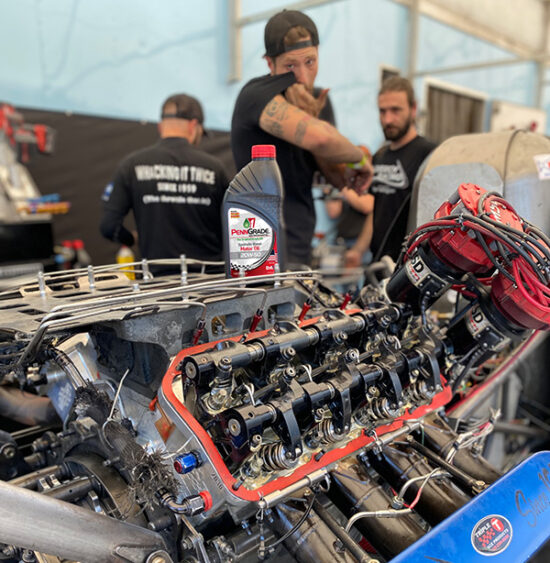
Leading off the PennGrade 1 portfolio is Break-in Oil SAE 30 and Engine Assembly Lubricant. Following that is the PennGrade 1 Synthetic Blend available in SAE 5w-30, 10w-30, 10w-40, 15w-40 and 20w-50. Next up are the traditional mono-grades of SAE 30, 40, 50 and 60 with the specially designed Nitro 70 used in the Top Fuel and Funny Car race classes. D-A also offers a PennGrade 1 V2 4-stroke motorcycle oil in SAE 10w-40 and 20w-50. The current portfolio is wrapped up with a trio of gear lubricants in the Limited Slip GL-5 SAE 80w-90, Multi-Purpose “Classic” GL-4 SAE 80w-90 and the Full Synthetic Hypoid Gear/Blower Racing SAE 75w-90.
It’s important to note that most race/performance-oriented motor oils are synthetic, which consists of chemical compounds that are artificially modified or synthesized. Synthetic lubricants can be manufactured using chemically modified petroleum components rather than whole crude oil. Pennzoil Ultra Platinum 0w-40, which is one of its premium synthetic products off the shelf, and Pennzoil Ultra Platinum Racing PLUS 0w-20, which is engineered for track-use only, is used in the NTT INDYCAR Series.
Choosing the correct performance racing oil is essential to ensure optimal performance and longevity of your engine. Here are some of the reasons why choosing the right oil matters:
1. Improved Engine Performance
Performance racing oils are formulated to provide optimal lubrication and protection to high-performance engines. By using a racing oil that is specifically designed for your engine, you can improve engine performance and maximize horsepower.
2. Increased Engine Protection
Performance racing oils are designed to provide superior protection against wear, oxidation and deposits, which can lead to engine damage and decreased performance. By choosing the right oil, you can ensure your engine is protected against these common problems.
3. Extended Engine Life
A high-performance engine can be a significant investment, so it’s important to protect it properly. By using a performance racing oil that is designed to provide optimal protection, you can extend the life of your engine, its components and avoid costly repairs.
4. Consistent Performance
Performance racing oils are formulated to provide consistent performance, even under extreme conditions. This means your engine’s performance is repeatable, and can even improve if component or tuning changes are made, regardless of whether you’re racing or just driving on the street.
When choosing a performance racing oil, it’s essential to consider the viscosity rating, which is the measure of the oil’s thickness. Thicker oils provide better protection, while thinner oils offer better fuel economy. It’s important to choose the right viscosity rating for your engine to ensure optimal performance and protection.
“If you’re building an engine from the ground up, you would look at bearing clearances, which would be your start when determining which oil to choose,” says Len Groom of Amsoil.
Generally, the tighter the bearing clearance the lower the viscosity the engine can use, while wider clearances require thicker oil. Amsoil has its own line of Dominator series motor oils in various viscosities built specifically for racing.
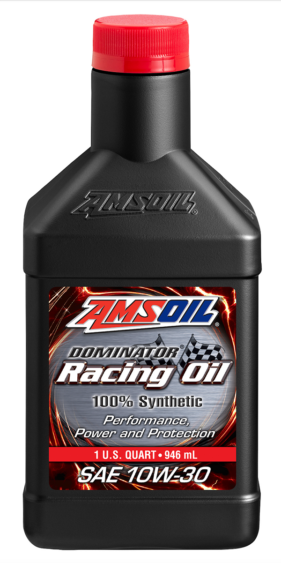
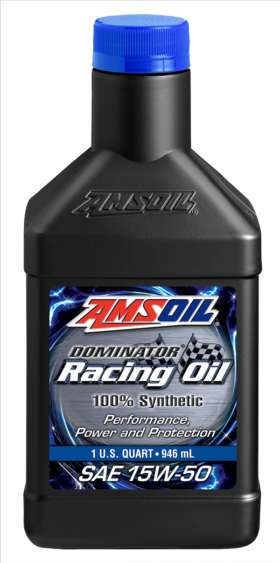
Their race-proven, anti-friction chemistry provides an extra measure of protection against piston scuffing and bearing wear. Superior film strength provides protection in engines that can exceed 10,000 rpm. The synthetic motor oil burns clean and helps prevent ring sticking and plug fouling.
“There are plenty of ways to come at building any oil,” Groom says. “The approach that we take at Amsoil is looking at the particular application’s appetite for oil and determining what it’s going to do. If it’s a drag racing engine, you can build yourself a much different product than if it’s going to be, let’s say a circle track engine. When we build a line of racing oils that has to try and encompass all of that stuff you’re trying to build versatility, yet still focus on protection, which is the most important part.”
Choosing the correct performance racing oil is essential to ensure optimal engine performance, protection and longevity. By considering factors such as viscosity, base oil type and additives, you can choose a racing oil that is specifically designed for your engine and will provide the protection and performance you need. Remember to always consult your engine builder, your owner’s manual or a trusted, certified mechanic for guidance on which oil to use for your specific vehicle. EB

